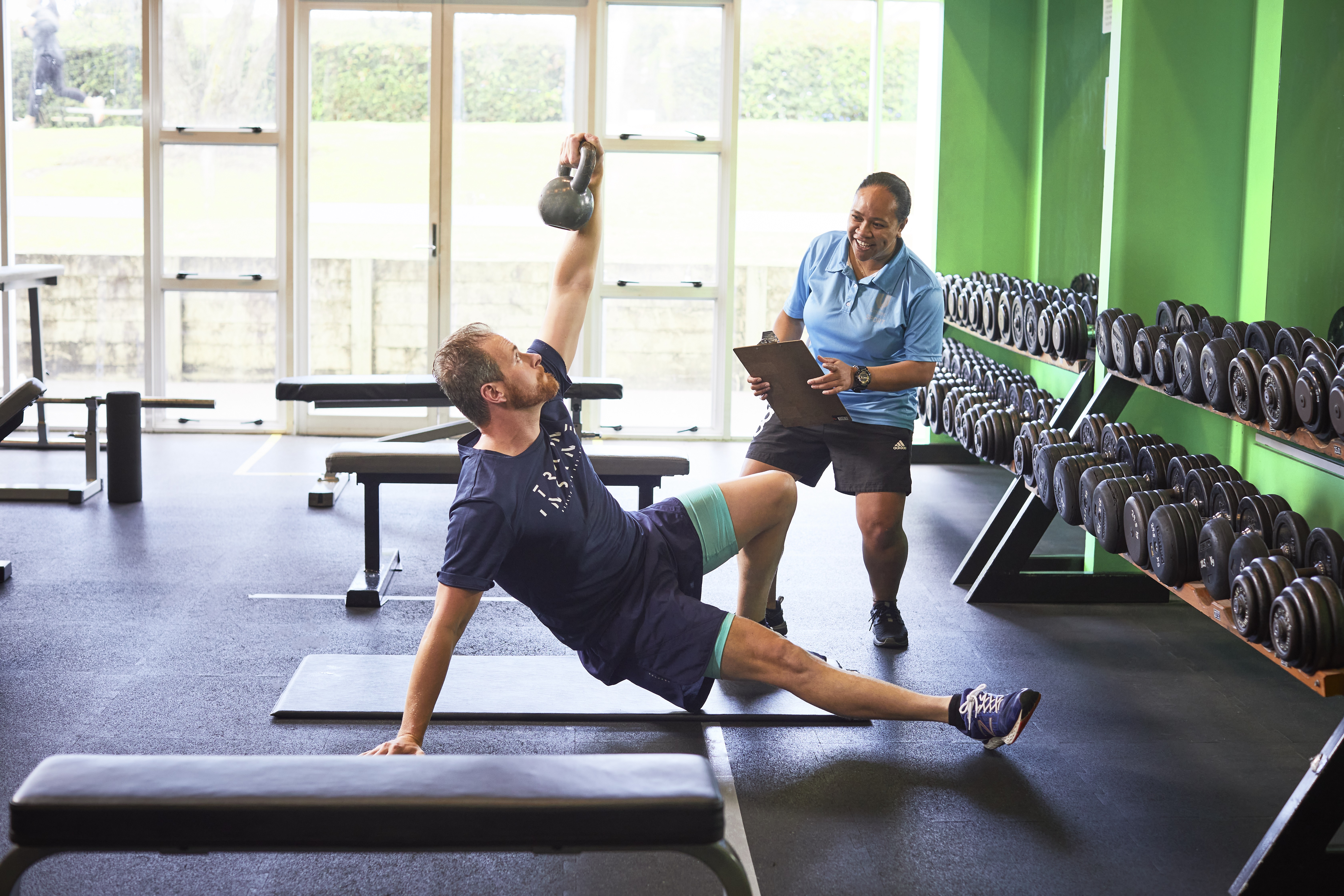Programme overview
Please note: This programme is part-time only. For a full-time option, check out New Zealand Certificate in Exercise (Level 4)
In the New Zealand Certificate in Sport Coaching, you’ll learn about best practice coaching techniques and strategies. From here, you’ll put them into practice by coaching individuals and teams, and use this experience to reflect and improve upon your own coaching style within your chosen sports code.
You’ll learn about sports training session design and key facilitation skills that will contribute towards the development and management of athletes and sports teams. You’ll also learn about injury prevention and risk management techniques to ensure the safety of participants during sports coaching sessions.
You’ll develop an understanding of how psychological methods and skills can be used to enhance the performance of athletes and teams, and how to proactively manage conflict to foster a positive sporting environment.
What you'll learn
- Hauora (health and wellbeing)
- Strength and conditioning
- Sport psychology
- Physical activity
- Sport leadership
- Skills coaching
- School sport
Highlights
- You’ll learn really practical skills so that you can get going immediately once you graduate
- You’ll be taught by knowledgeable and passionate staff who are highly connected to the industry
- You'll graduate with high Māori and Pasifika cultural competencies
- Throughout the programme, you'll have the opportunity to experience 50+ hours of work-based learning across multiple sport, exercise and recreation organisations
- You’ll have access to a range of sports facilities while you study.
Work and earn with Auckland Council while you study Sport, Recreation and Exercise
At Unitec, we are excited to announce our new partnership with Auckland Council which provides an opportunity for students to work while they are studying in Sport, Recreation and Exercise. This work-connected pathway will give you the opportunity to earn while you learn, similar to a paid internship or an apprenticeship.
Auckland Council offers a variety of part-time positions that you can apply for. Being employed in the field in which you are studying provides up-to-date knowledge, financial support, and helps to develop your personal skills, your professional skills and your CV right from the start.
Need more information?
All Auckland Council Pathway applicants will be asked to be part of an interview conversation to develop an individual plan for study/work and to begin the application process for employment at Auckland Council.
If you would like a conversation about this programme, please contact: alenton@unitec.ac.nz
Where to next?
Once you successfully complete your certificate, you can either go straight out into the industry, or complete an additional 4 courses to achieve the New Zealand Diploma in Sport, Recreation and Exercise - Coaching Pathway.
Want more information?
Feel free to contact the team with any further questions!
Admission requirements
Academic requirements
You will need to provide the following, at different points of your application process.
- Have at least 48 credits at NCEA Level 2 (or equivalent) in your 4 best subjects, and;
- Consent to a Safety Check which meets the requirements of the Children Act 2014 (formerly known as the Vulnerable Children's Act) including:
- Provide two forms of verified ID and evidence of any name changes;
- Consent to a Police vetting check;
- Complete a self-declaration of criminal convictions and medical conditions form
If you don’t meet the academic criteria above, we have a range of Foundation and Bridging Education programmes which will help you prepare for further academic study.
English requirements
If English is not your first language you will also need one or more of the following:
- Have achieved NCEA Level 3 and New Zealand University entrance;
- Be able to provide evidence you satisfy our criteria for existing English proficiency;
- Have achieved at least one English proficiency outcome in the last two years.
If you don’t meet the English criteria above, we have a range of English Language programmes available, depending on your current level of ability.
If you don’t meet these requirements, you may still apply under special or discretionary entrance.
For more information download the programme regulations:
Courses and timetables
For more details on the courses including timetables, please click on the course names below.
| Courses | Credits | Aim |
|---|---|---|
| Coaching in Action (SPOR5101) | 15.0 credits (0.125 EFTS) | The course will introduce students to the principles and concepts of coaching and allow opportunities to apply these in a practical learning environment. |
| Concepts of Sport and Exercise Science (SPOR5104) | 15.0 credits (0.125 EFTS) | This course will introduce underlying principles of sport and exercise science as and allow students to apply them in a variety of contexts related to health, well-being, physical activity, and performance. |
| Developing Athletes (SPOR5108) | 15.0 credits (0.125 EFTS) | This course will introduce students to the principles and concepts of athlete development. It will enable students to develop a contemporary understanding of athlete development and provide opportunities for students to apply learning to authentic contexts. |
| Professional Practice (SPOR5109) | 15.0 credits (0.125 EFTS) | The purpose of this course is to explore contemporary practice in a range of sport, recreation and exercise contexts to develop the learners’ professional capabilities for this sector. |


